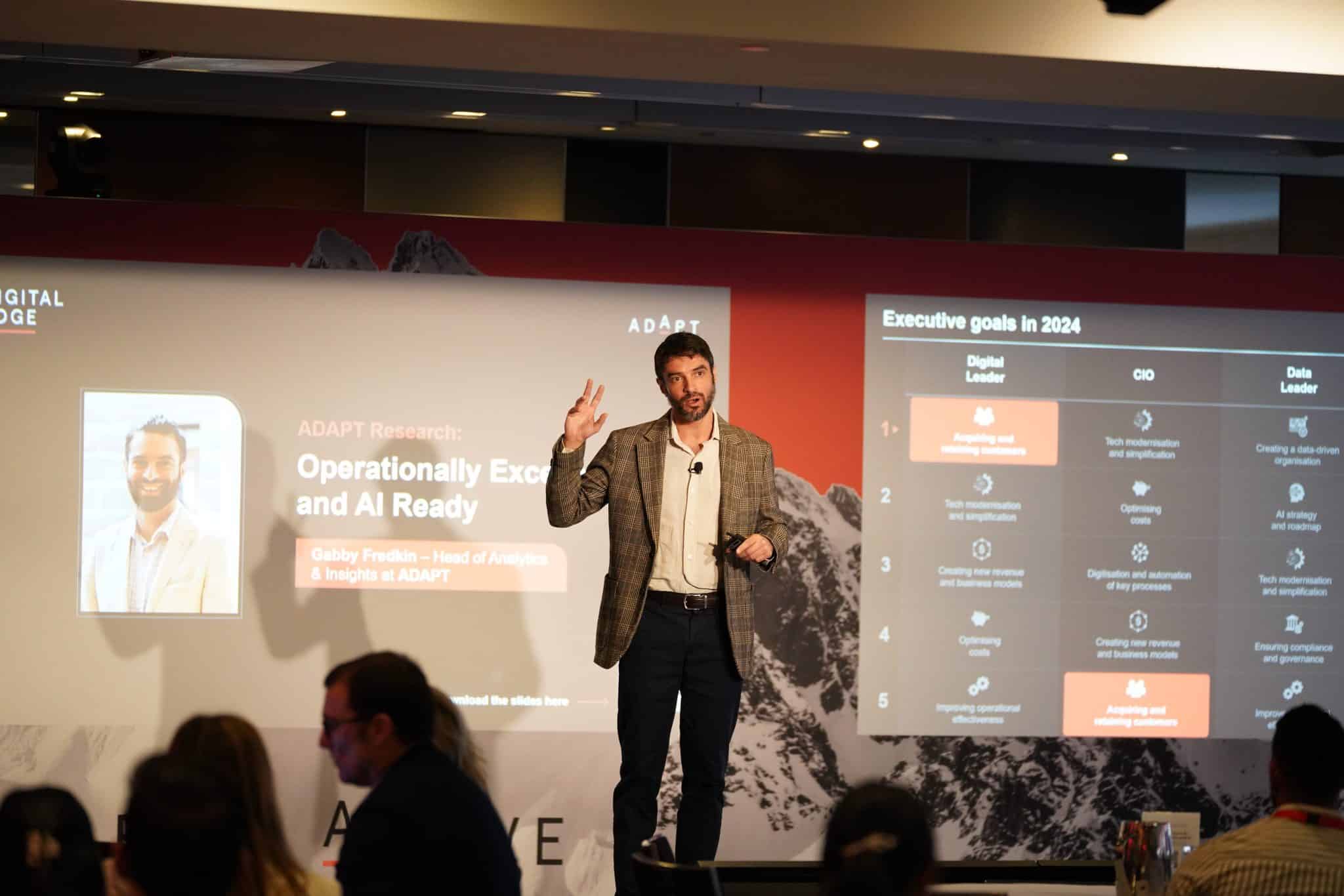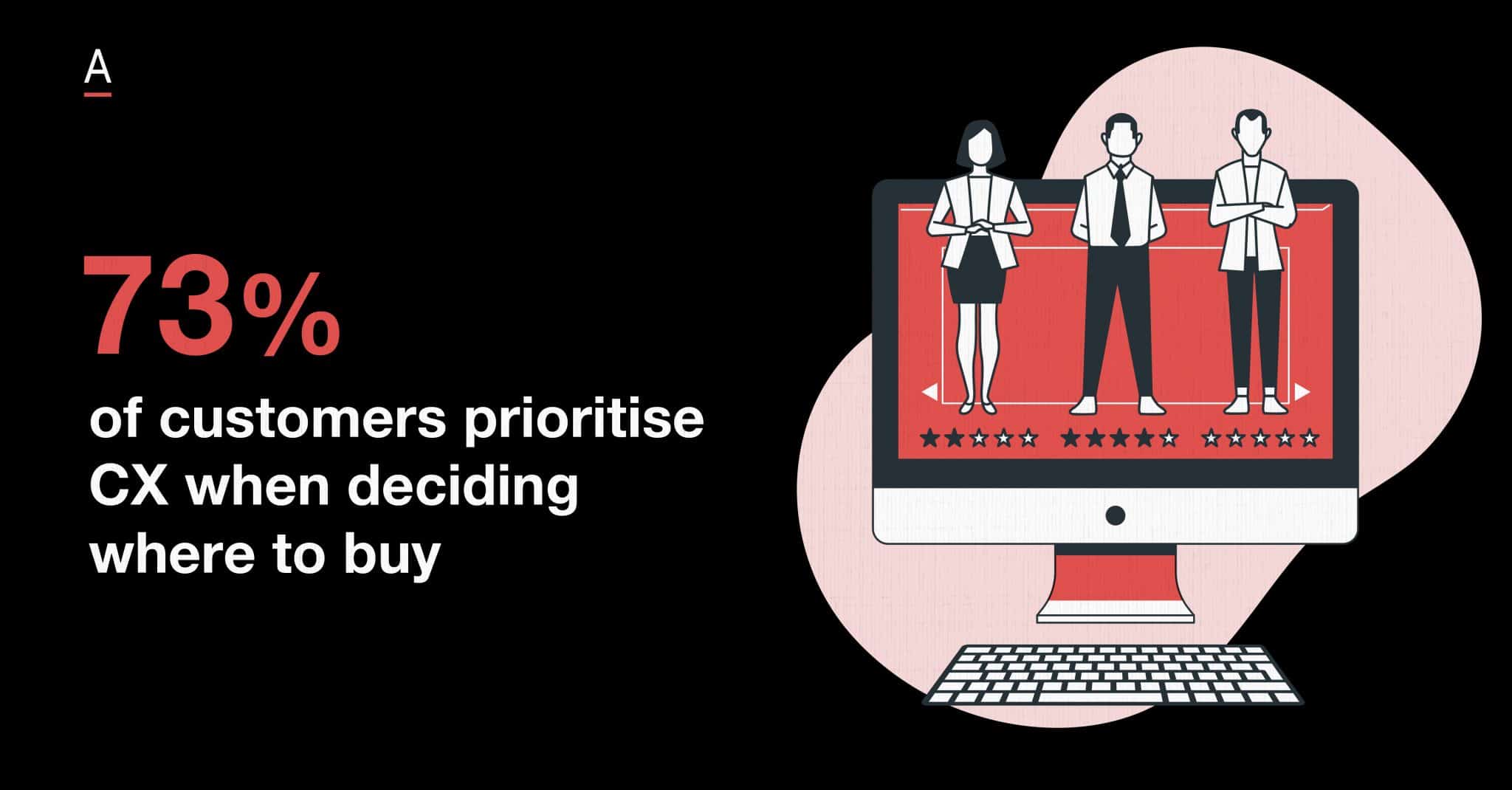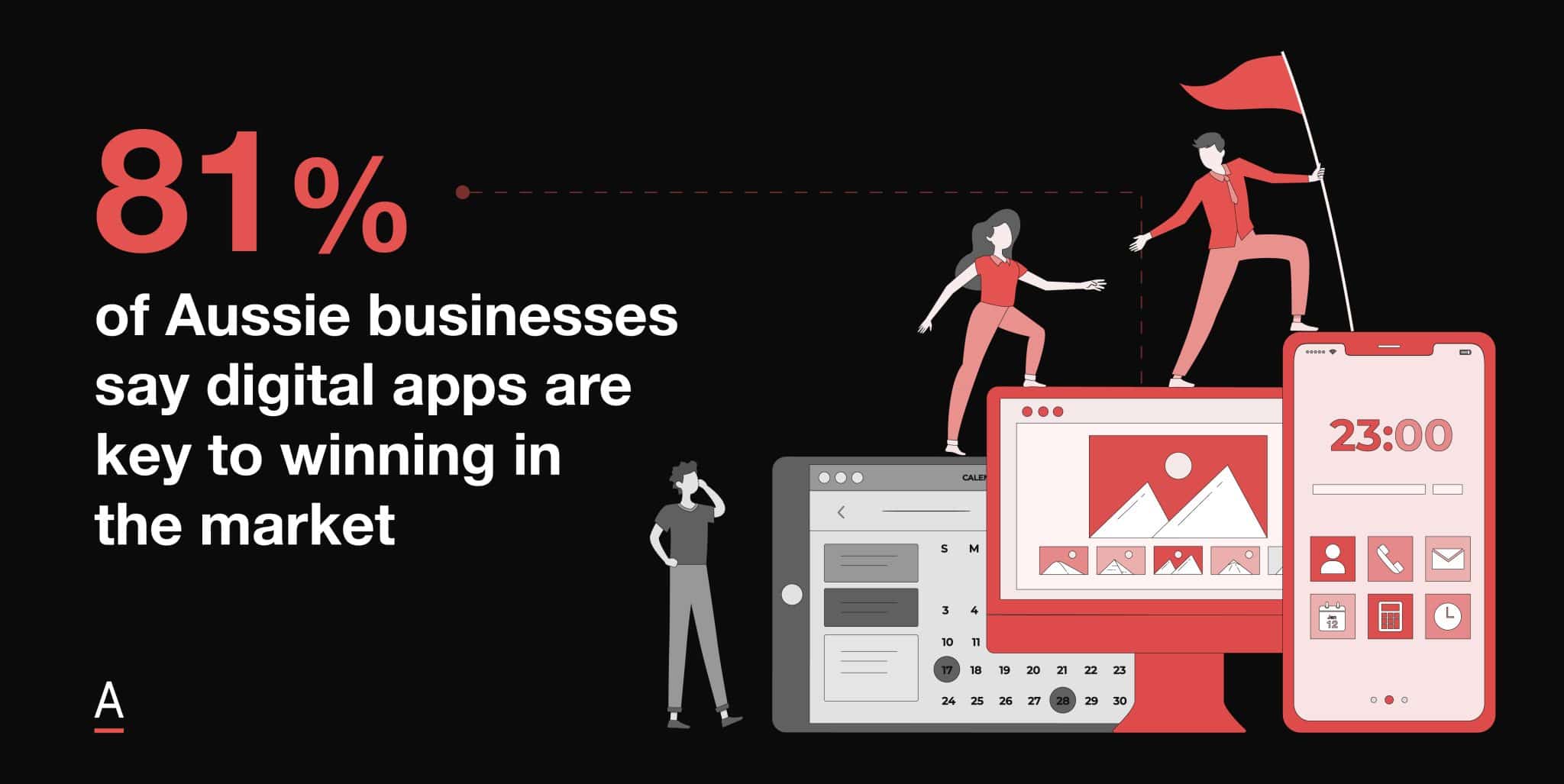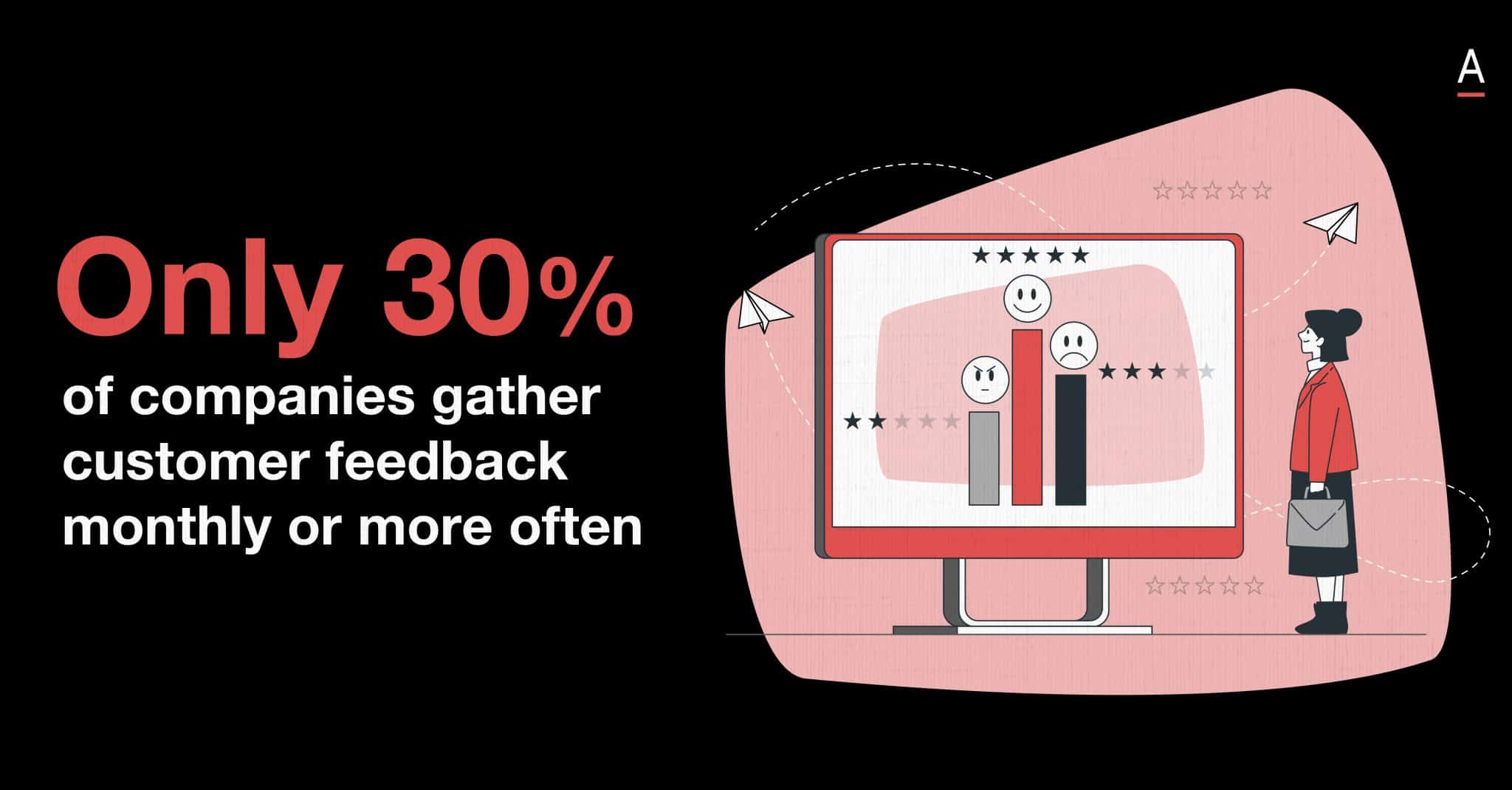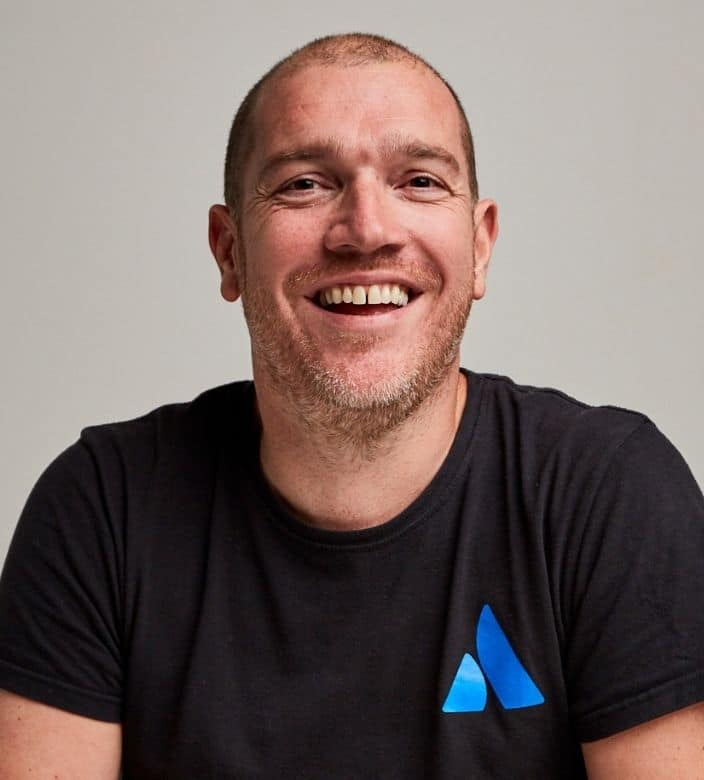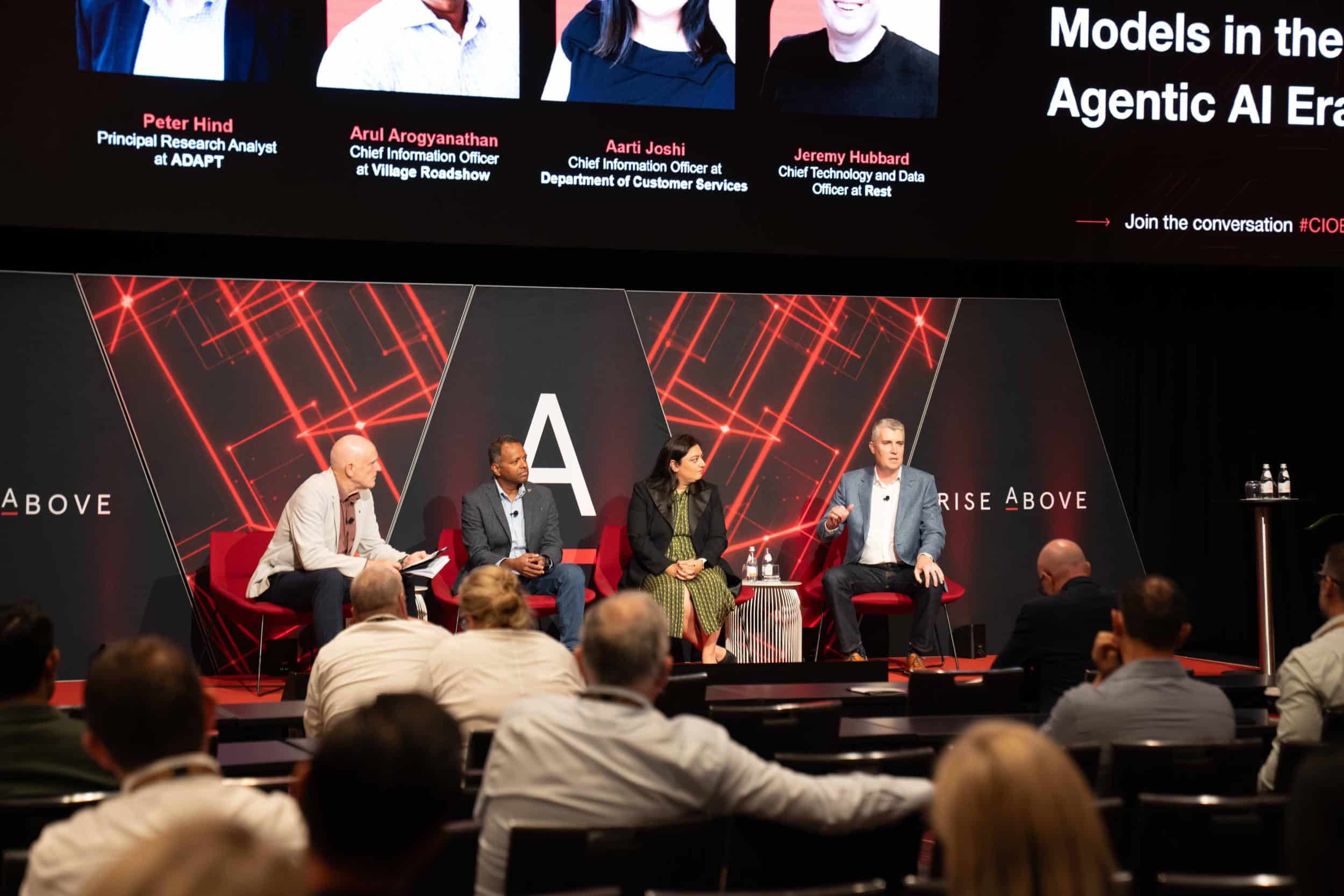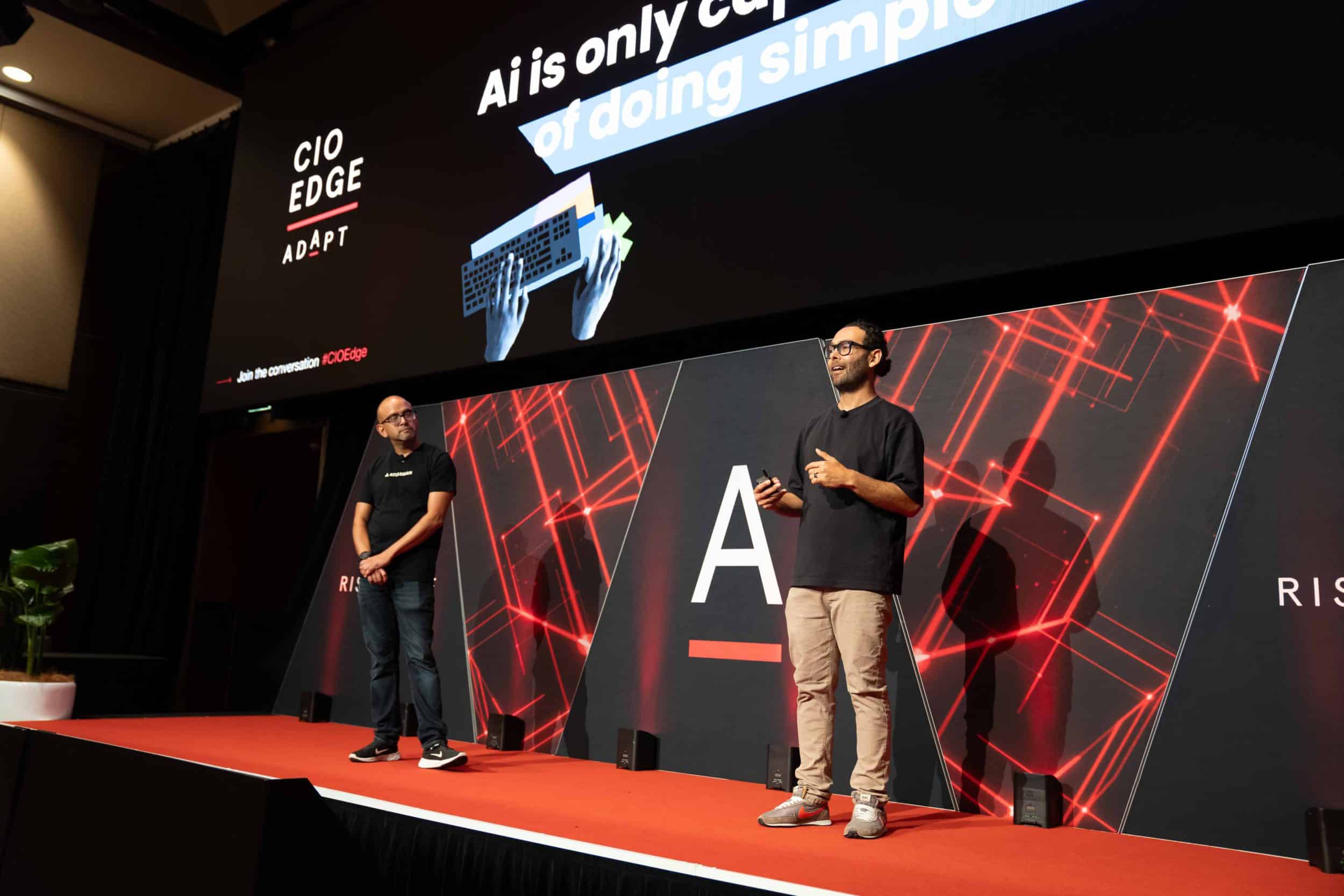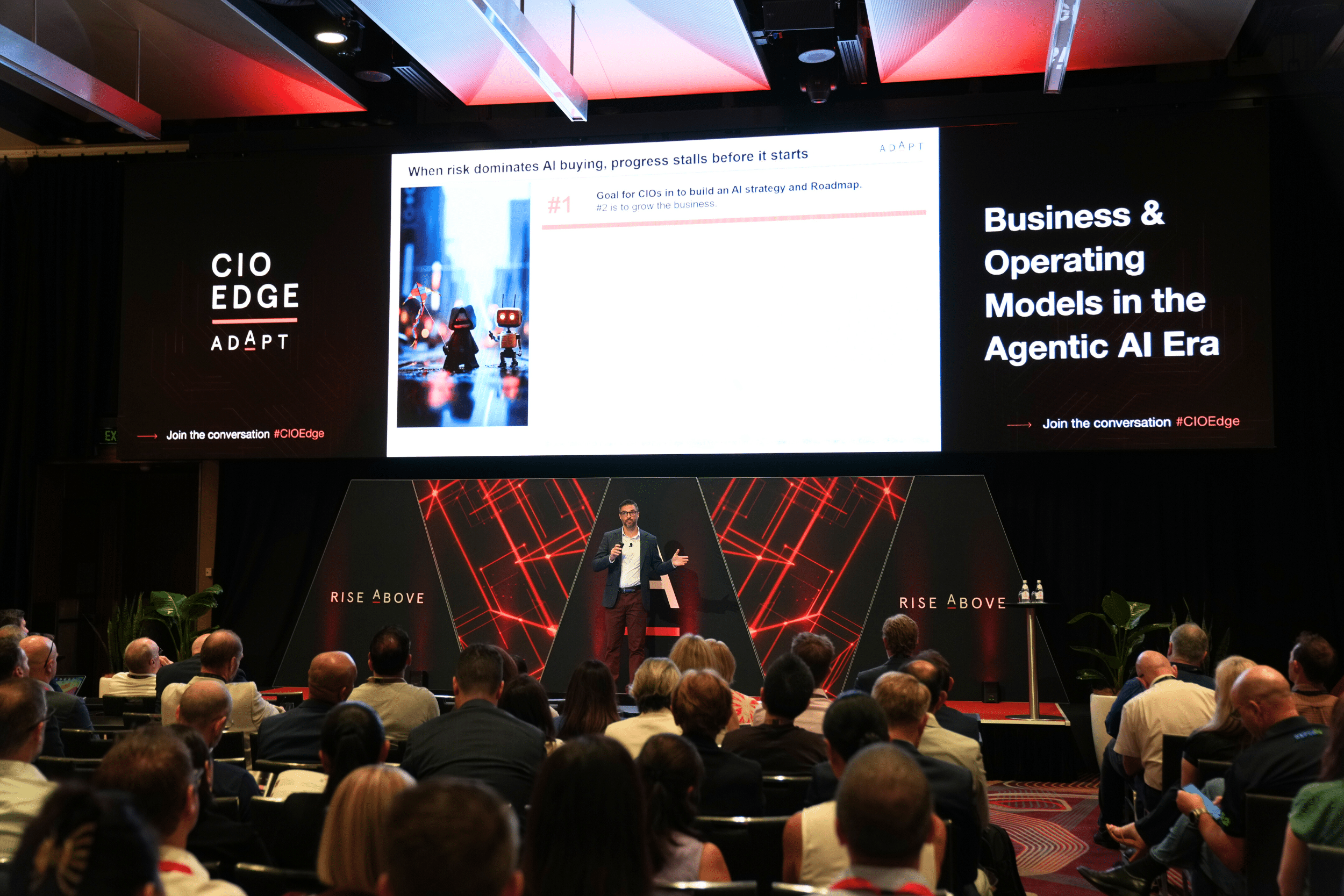Australia’s top companies are seeing 2x net profit gains with digitisation
As digital transformation accelerates, organisations are using modernisation, AI, and data to enhance customer experiences and drive growth. ADAPT's Digital Edge explored how agile companies leverage these tools to optimise customer journeys and uncover new opportunities.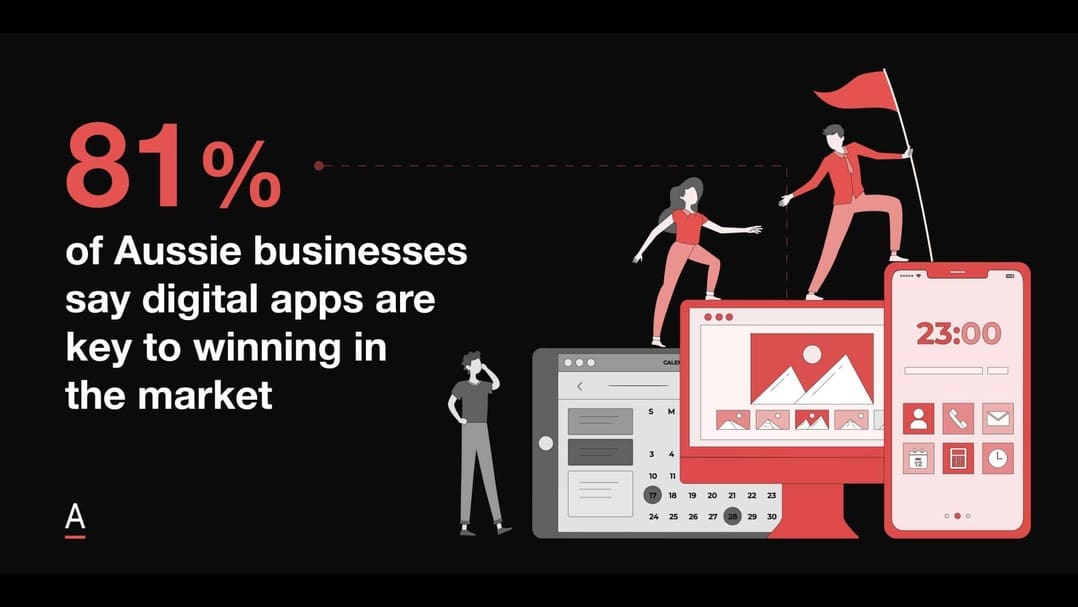
As digital transformation accelerates, organisations are using modernisation, AI, and data to enhance customer experiences and drive growth. ADAPT’s Digital Edge explored how agile companies leverage these tools to optimise customer journeys and uncover new opportunities.
As customer behaviour shifts online and digital product revenues rise, the rapid expansion of customer-facing apps and internal systems presents both opportunities and challenges.
We’re in the midst of a technological revolution, with AI positioned to reshape industries over the next decade.
Both customers and employees now expect trust, personalisation, and seamless experiences—making outdated models ineffective for today’s UX and CX demands.
At Digital Edge, we gathered 130 of Australia’s leading digital executives to discuss best practices for achieving Digital Product Excellence, enhancing Digital Experiences, and leveraging the Power of X Teams.
The most agile organisations are evolving through cross-functional X teams, driving up to 4% more revenue growth and nearly doubling net profit compared to less mature counterparts.
These leaders are using mobile, AI, and automation to lower costs, streamline processes, and uncover new value streams, while companies stuck in traditional frameworks risk falling behind.
Australia’s top performers succeed by aligning three key elements—modern IT platforms, digital-savvy leadership, and a data-driven culture.
One striking insight is that organisations focused on AI-driven personalisation for customer experience are reducing churn, a critical factor in sustaining long-term growth.
We explored these insights alongside experts from Bendigo & Adelaide Bank, Domain, Salesforce, and Telstra, highlighting the importance of aligning strategy, executive support, and the vast potential of AI in today’s competitive landscape.
1. ADAPT Research: Operationally Excellent & AI Ready
Presented by: Gabby Fredkin – Head of Analytics & Insights at ADAPT
2. Bendigo & Adelaide Bank: Transformation in Action & Lessons Learned
Presented by Ryan Brosnahan, Chief Transformation Officer at Bendigo & Adelaide Bank
Ryan Brosnahan, Chief Transformation Officer at Bendigo & Adelaide Bank, shared insights on leading the bank’s digital transformation since 2019.
He focused on simplifying operations by consolidating eight separate banks into one core platform, reducing applications from 650 to 324 by 2025.
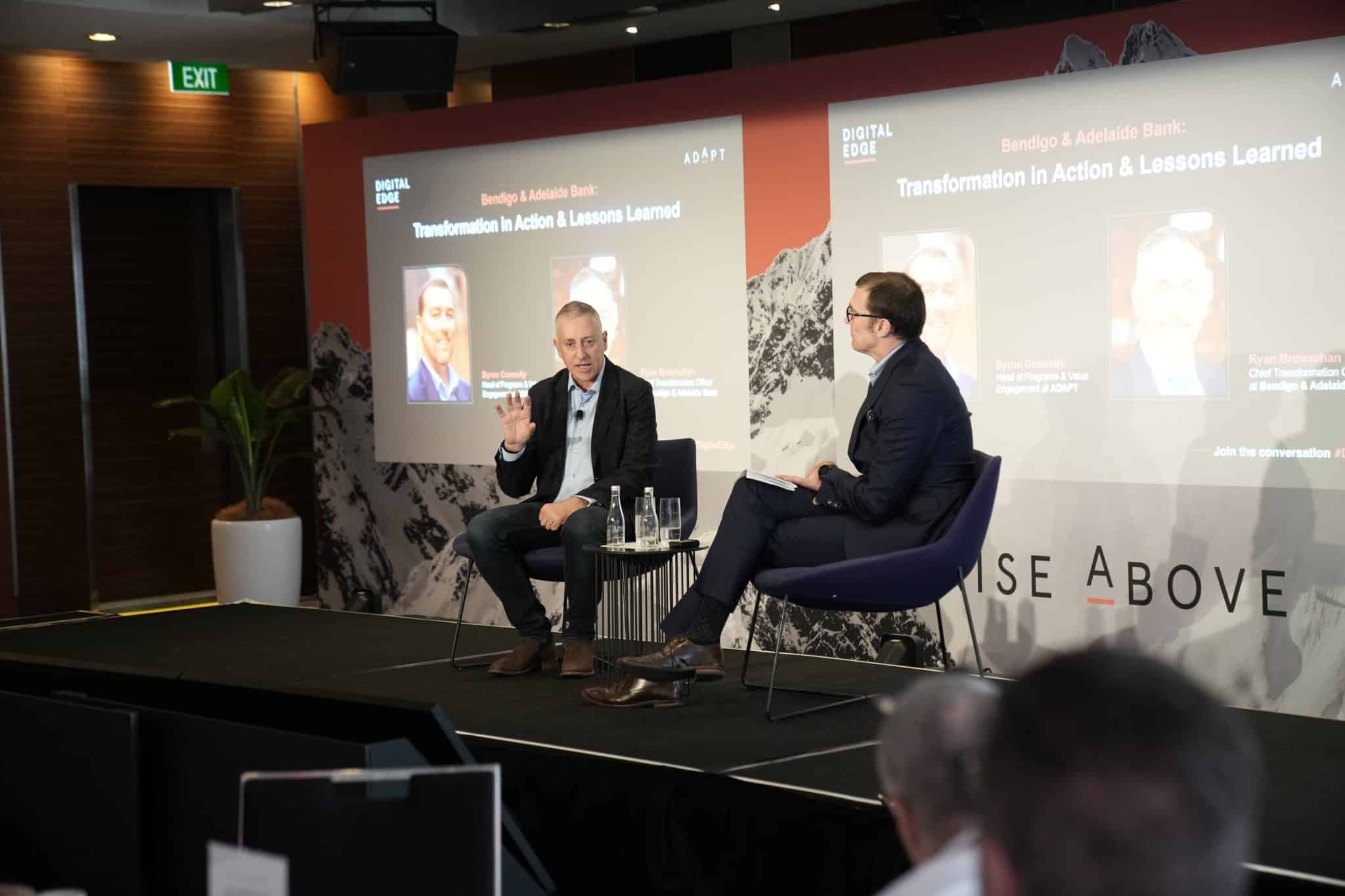
Ryan highlighted the bank’s strategic use of AI to speed up cloud migration and automate customer interactions.
However, he cautioned that thoughtful AI deployment is crucial to avoid amplifying existing issues, stressing the importance of data governance and quality.
Bendigo’s smaller size has been an advantage, enabling faster adaptability compared to larger banks.
The success of Up, their neobank, relies heavily on viral marketing and customer input, demonstrating the bank’s unique approach to innovation.
Vendors specialising in cloud migration and AI automation are positioned to help financial institutions like Bendigo scale their operations, reduce inefficiencies, and create seamless customer experiences through smart application of new technologies.
3. The 9 Steps for Digital & Product Leaders to Succeed With Data Governance
Presented by: Michelle Dennedy, Chief Data Strategy Officer at ABAXX Technologies
Michelle Dennedy, Chief Data Strategy Officer at ABAXX Technologies, presented a detailed framework for improving data governance, focusing on how digital and product leaders can harness data for better customer experiences and compliance.
Michelle emphasised that poor data quality leads to customer churn, making data governance critical for both efficiency and product monetisation.
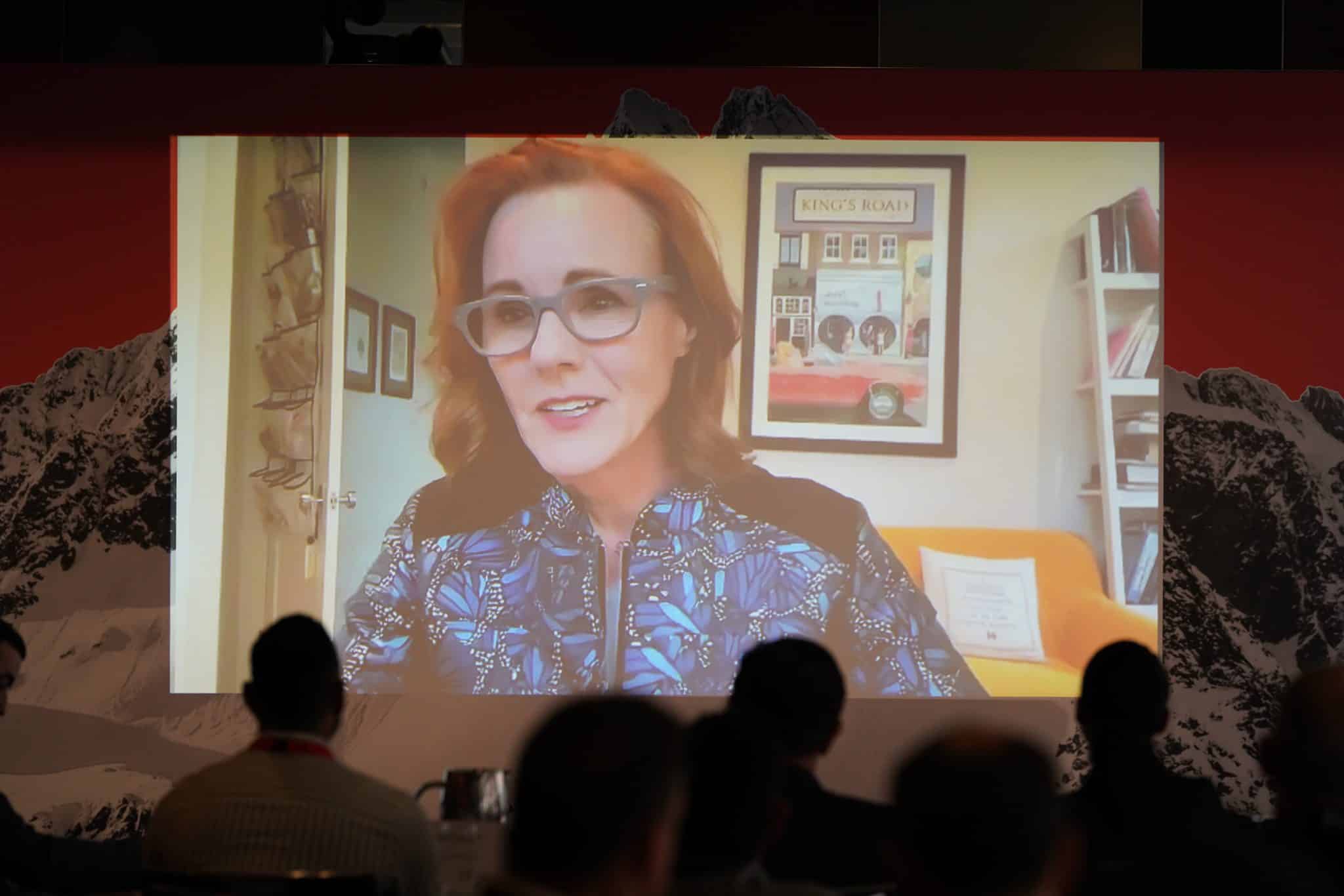
She outlined nine steps to improve people, processes, and technology within data frameworks, highlighting a case where effective data governance saved an organisation $8 billion.
Michelle stressed the importance of creating a “data defender” culture, where cross-functional collaboration ensures that all teams handle data with precision.
She also talked about the role of privacy, noting that embedding privacy into digital products enhances customer trust and compliance.
To measure success, Michelle advised using clear metrics and presenting these results at the board level, ensuring that data governance becomes a strategic, not just operational, priority.
This landscape opens the door for vendors offering data governance and privacy tools that integrate seamlessly into existing systems, allowing organisations to protect their customer data while improving operational efficiency.
4. Digital Edge Panel: How to Achieve Digital Product Excellence & Digital Experiences
Panellists: Peter Hind, Principal Research Analyst at ADAPT, Andreas Marmaras, General Manager Product & Technology at Domain, Dayle Stevens OAM, Executive, Data & AI at Telstra, Carrie Mott, MD and Founder at Flywheel Marketing
This panel explored practical insights on achieving digital product excellence and improving digital experiences.
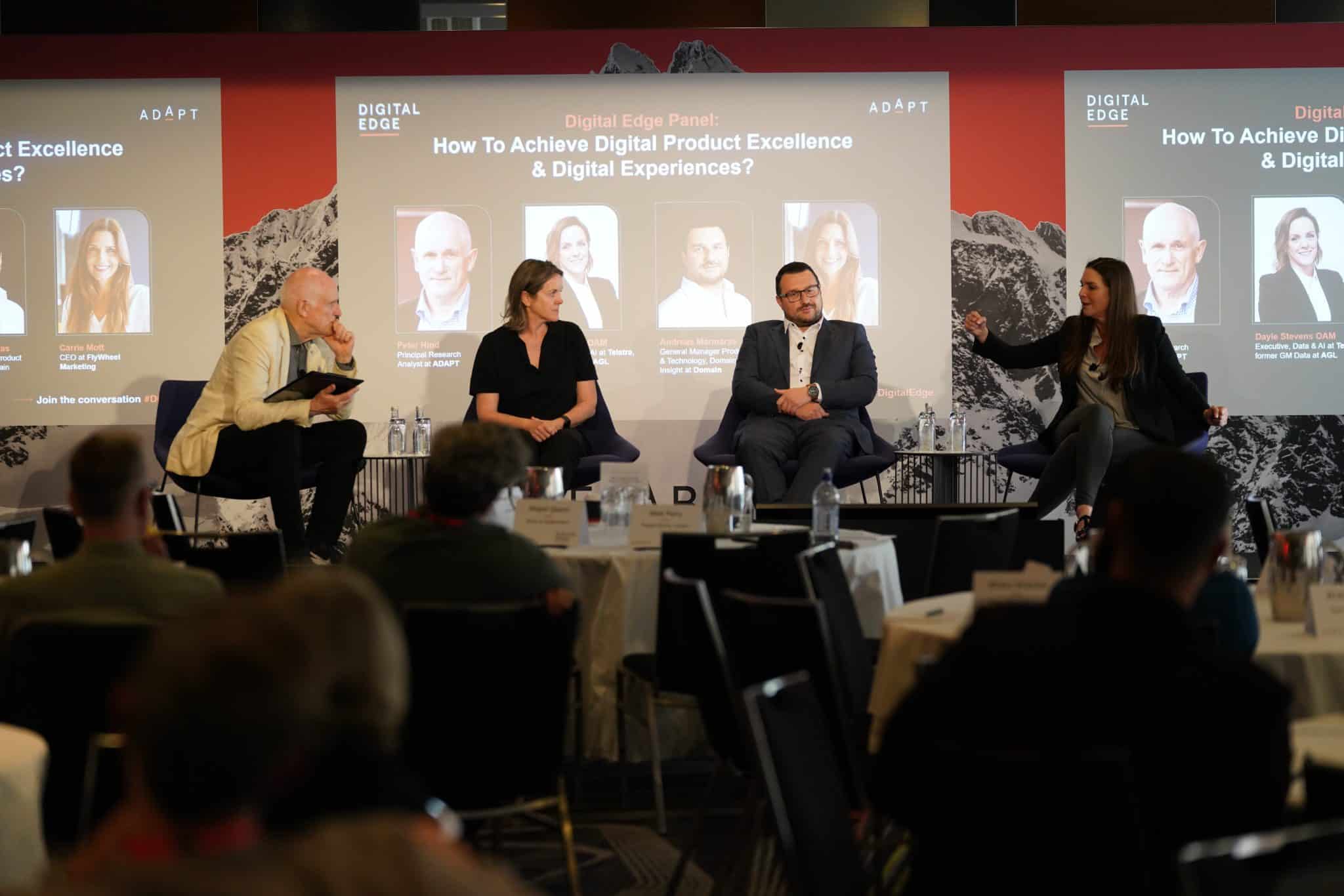
Andreas emphasised that customer centricity is the core of digital product excellence, highlighting the need to deeply understand customers’ businesses and ROI.
However, he cautioned against being too far ahead of customers, stressing the importance of balanced innovation.
Dayle discussed the impact of cross-functional collaboration, noting how Telstra co-located IT, data, and product teams to break down silos and increase resilience, allowing for faster outcomes.
Carrie pointed out that digital excellence is a journey, not just about a product, and requires monitoring both qualitative and quantitative data to track customer behaviour and reduce friction.
She shared how tools like session replays can help identify pain points and reduce churn.
All panellists agreed that executive support and alignment across teams are crucial for sustained digital transformation.
For tech vendors, this highlights the need for solutions that support cross-functional collaboration, streamline digital product development, and enhance customer experience by addressing pain points in real-time.
5. MIT Research: 3 Emergent Approaches to Ecosystem Governance
Presented by: Dr Gayan Benedict, CTO at Salesforce, Former CIO at RBA
Dr Gayan Benedict shared new insights from MIT Sloan’s research on emerging governance models for digital ecosystems.
The study, which interviewed executives across industries, highlighted three key approaches: alpha governance, where a single dominant provider takes charge; representative governance, involving collaborative decision-making among ecosystem participants; and liquid governance, a decentralised, Web3-inspired approach.
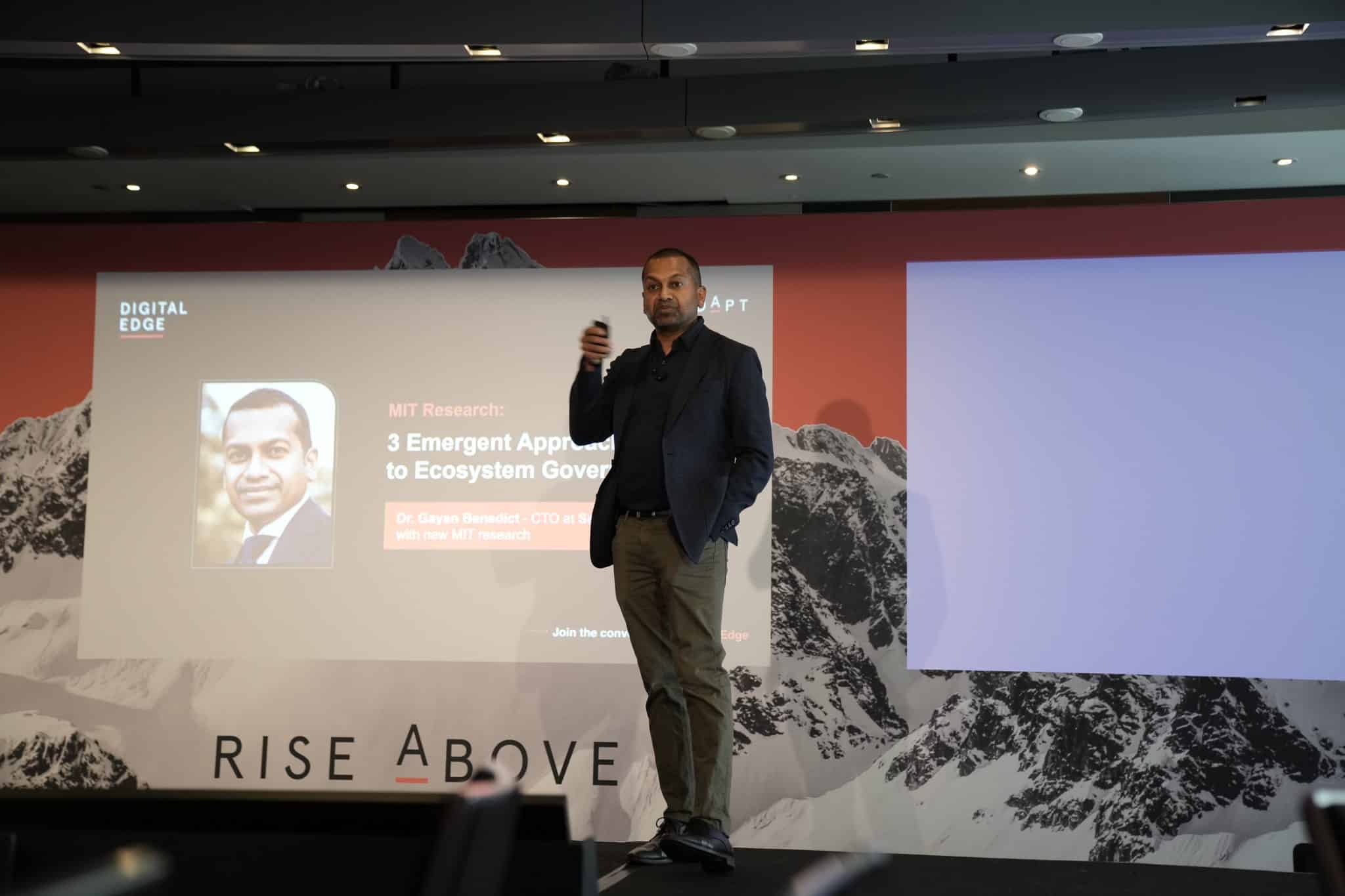
Dr. Benedict discussed how organisations face increased complexity when working with external partners, especially when addressing shared challenges like sustainability and real-time payments.
He emphasised that trust and transparency are essential to ensuring ecosystem success, particularly in representative governance models, where participants share decision rights.
He also noted that ecosystems are particularly effective in solving “wicked problems,” such as fraud, cyber threats, and climate change, which require collaboration beyond individual capabilities.
To close his session, Dr. Benedict stressed the need for cost transparency and equitable value distribution to maintain participant engagement and long-term ecosystem sustainability.
This is an opportunity for tech vendors to develop tools that support transparency and trust within digital ecosystems, enabling organisations to collaborate more effectively while managing shared challenges like sustainability and payments innovation.
6. Your Role in Modern Work
Presented by: Dom Price, Work Futurist at Atlassian
Dom Price, Work Futurist at Atlassian, urged leaders to take meaningful actions today to shape a sustainable future of work.
He encouraged moving beyond envisioning the future and focusing on implementing impactful changes now.
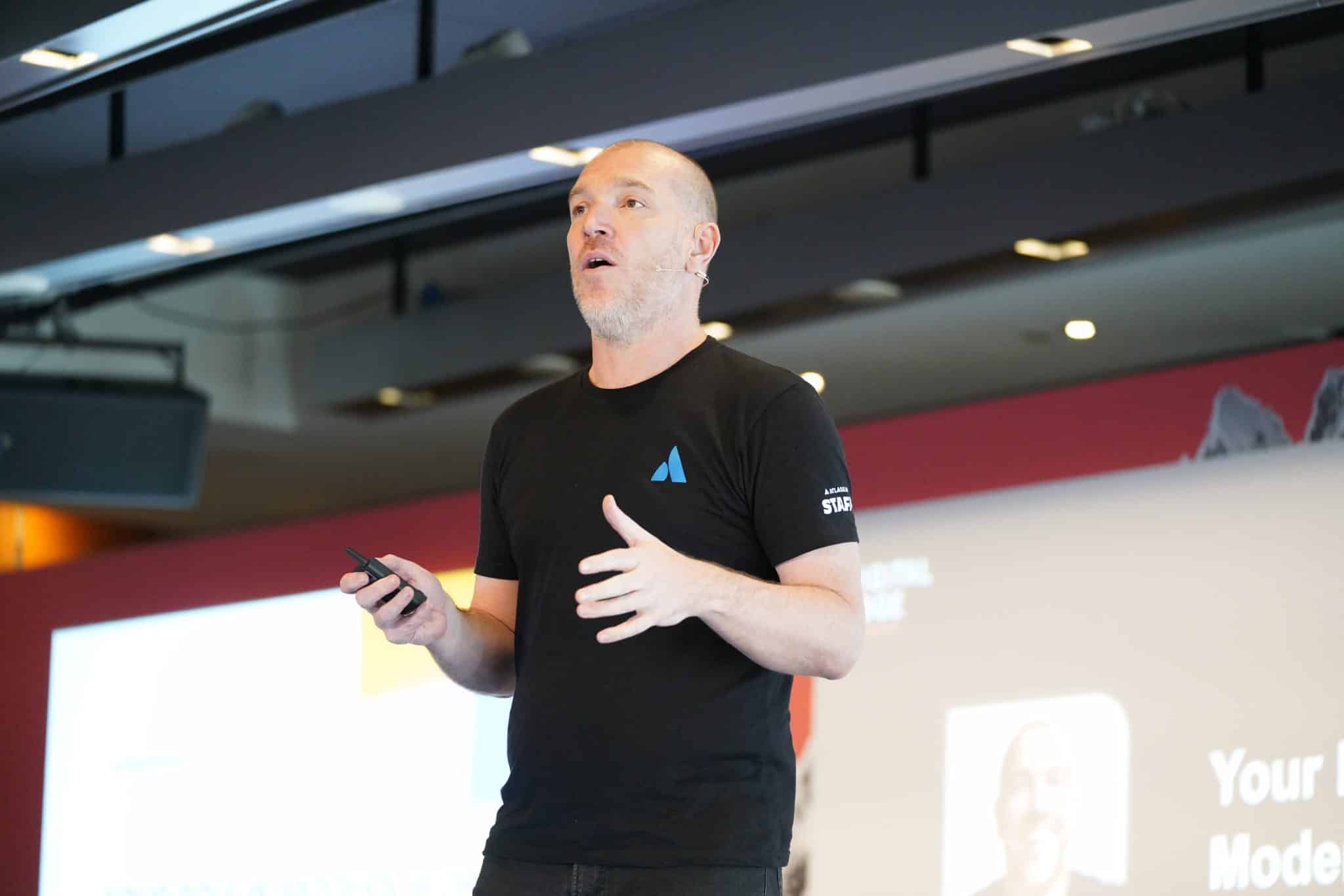
Dom highlighted the pitfalls of knowledge without action, stressing the importance of applying learnings rather than consuming endless content.
He advocated for evolution over large-scale transformations, emphasising adaptability and continuous improvement.
Dom also stressed the value of team collaboration, explaining that diverse teams, despite challenges, produce better outcomes.
He then called on leaders to regularly reflect on their performance and embrace continuous learning to stay relevant in the fast-changing work environment.
Technology providers that offer collaboration tools empowering diverse, cross-functional teams will find a growing market for solutions that help organisations remain agile and adaptable in the future of work.
Conclusion
Australia’s digital leaders are navigating a rapidly evolving landscape driven by customer expectations, operational challenges, and the transformative potential of AI.
ADAPT’s Digital Edge event offered critical insights and practical strategies that can help digital executives and the technology partners that support them.
From achieving digital product excellence to enhancing customer experiences through AI-driven personalisation, the key to success lies in aligning technology with business goals, fostering collaboration across teams, and embracing a data-driven culture.
Tech vendors who provide scalable, integrative solutions that empower organisations to modernise, personalise, and optimise their operations will be well-positioned to collaborate with Australia’s leading digital companies as they strive to thrive in the digital era.






















